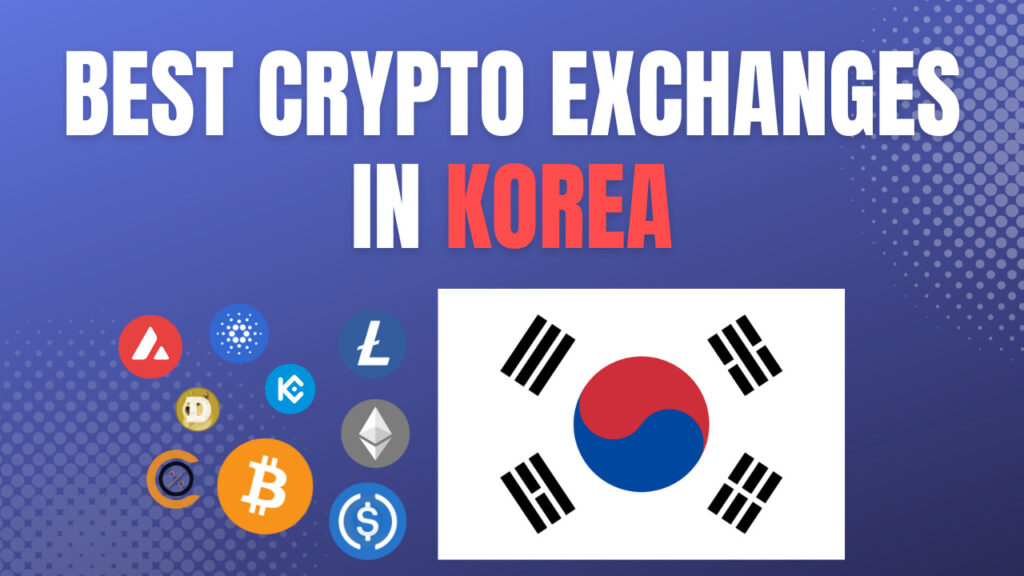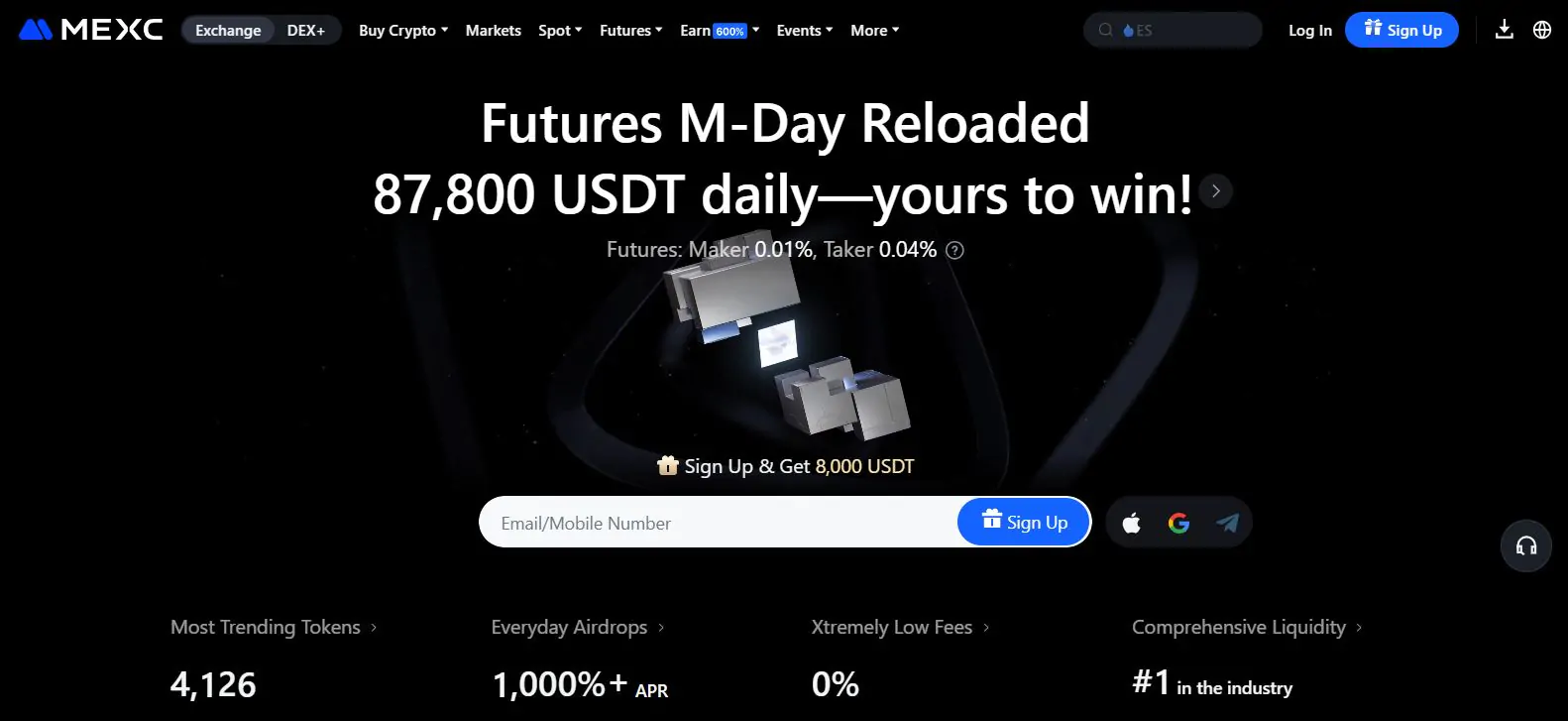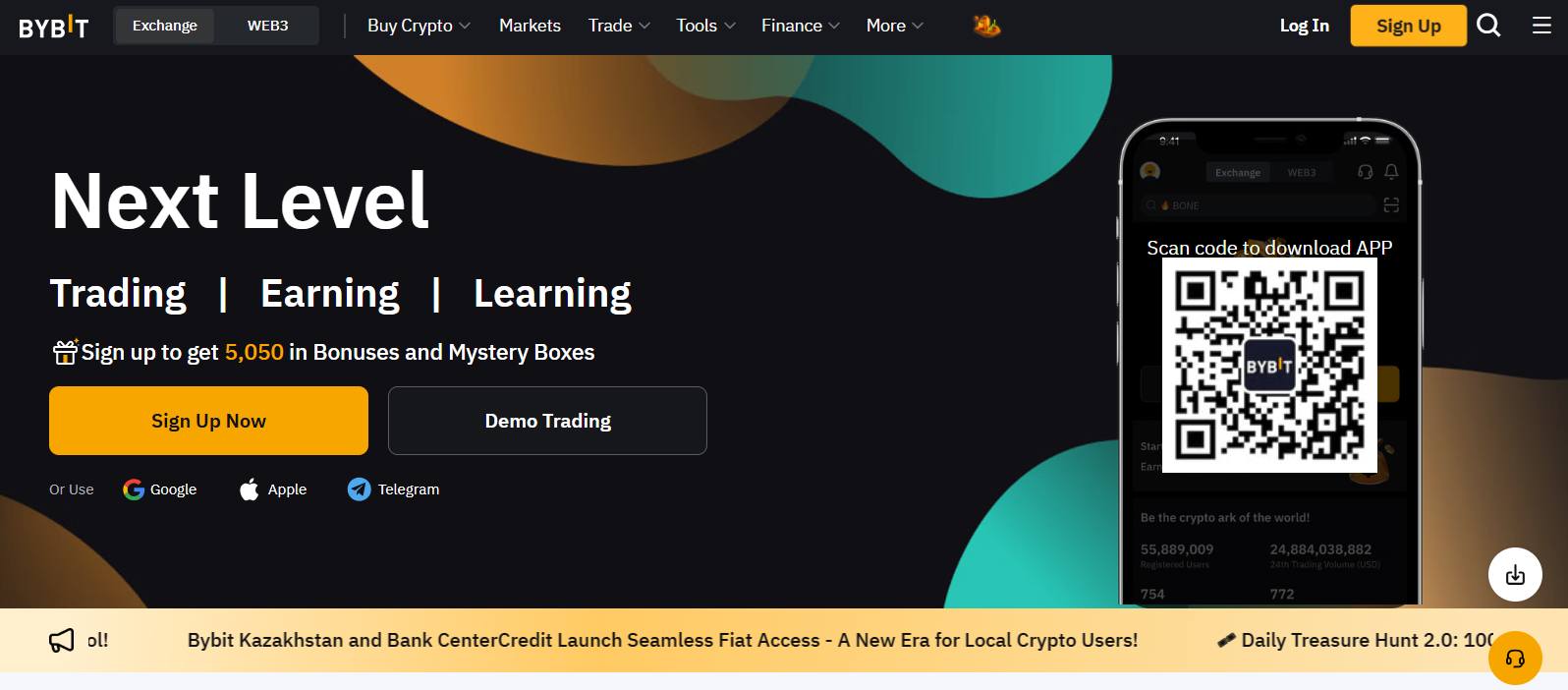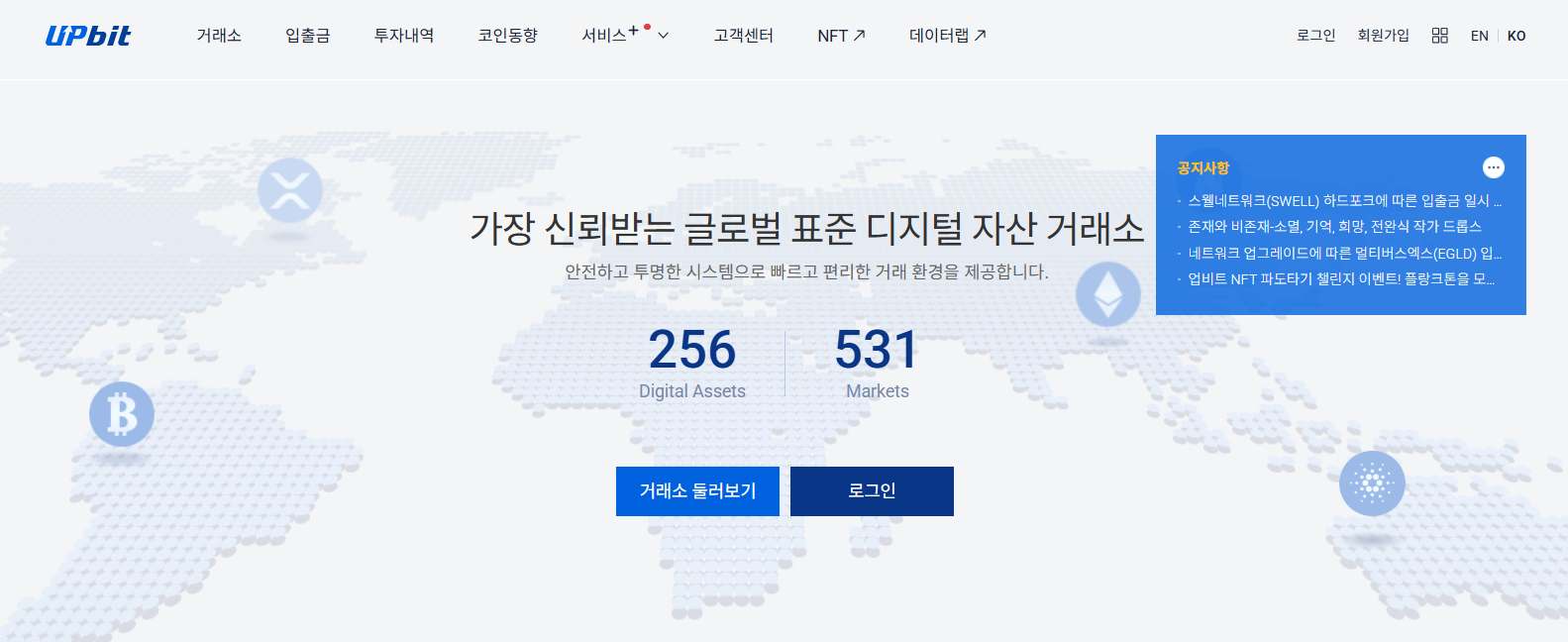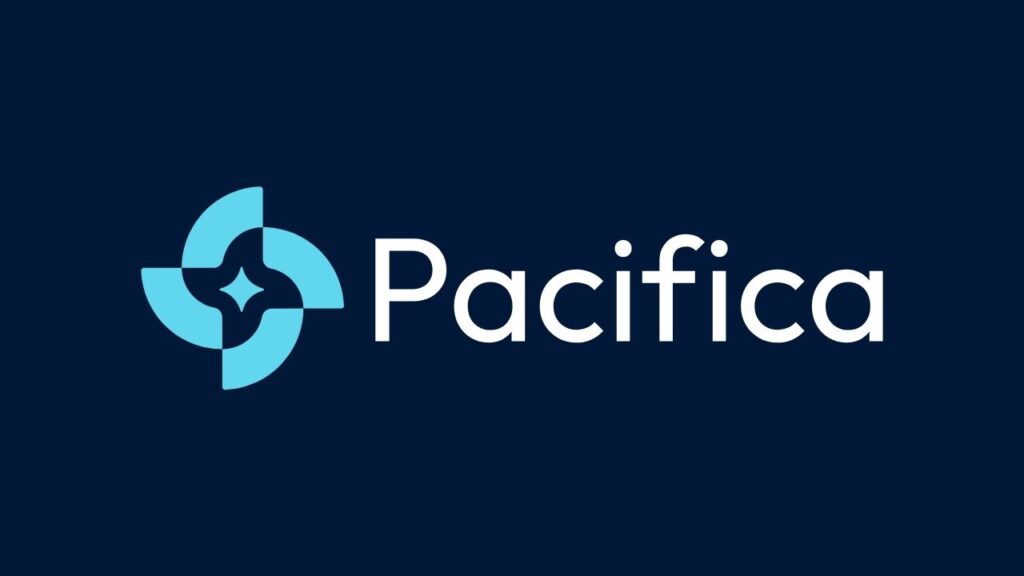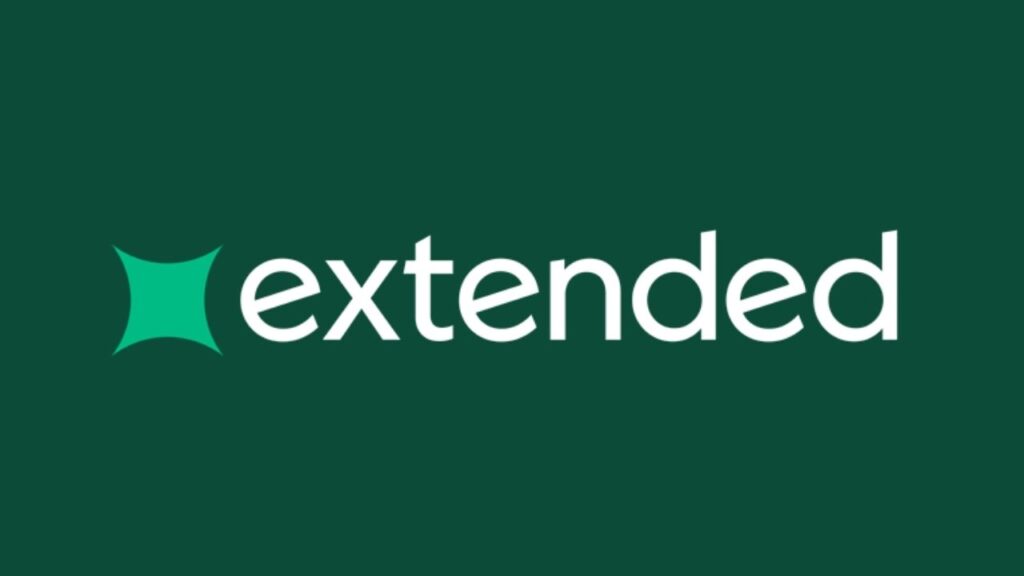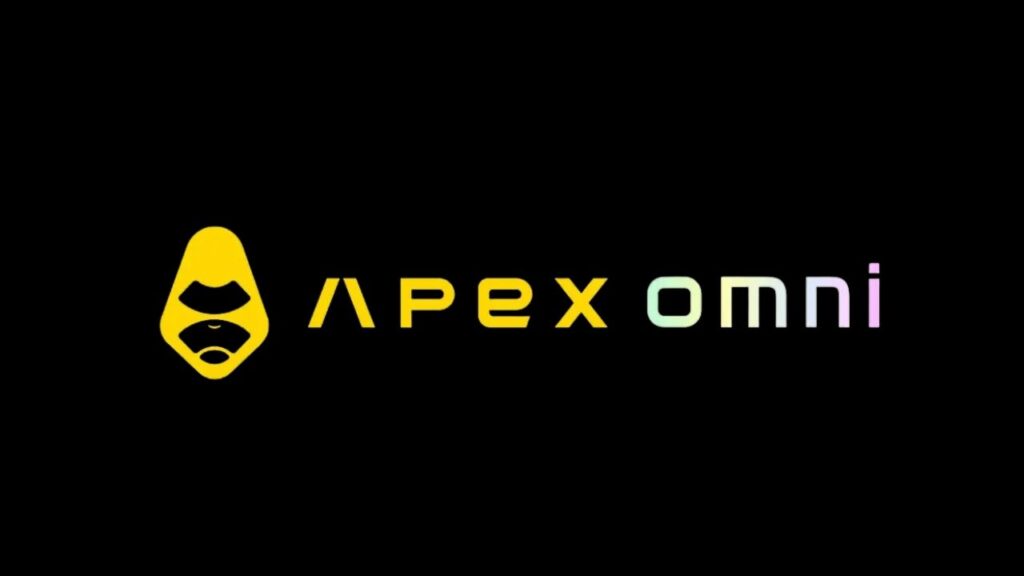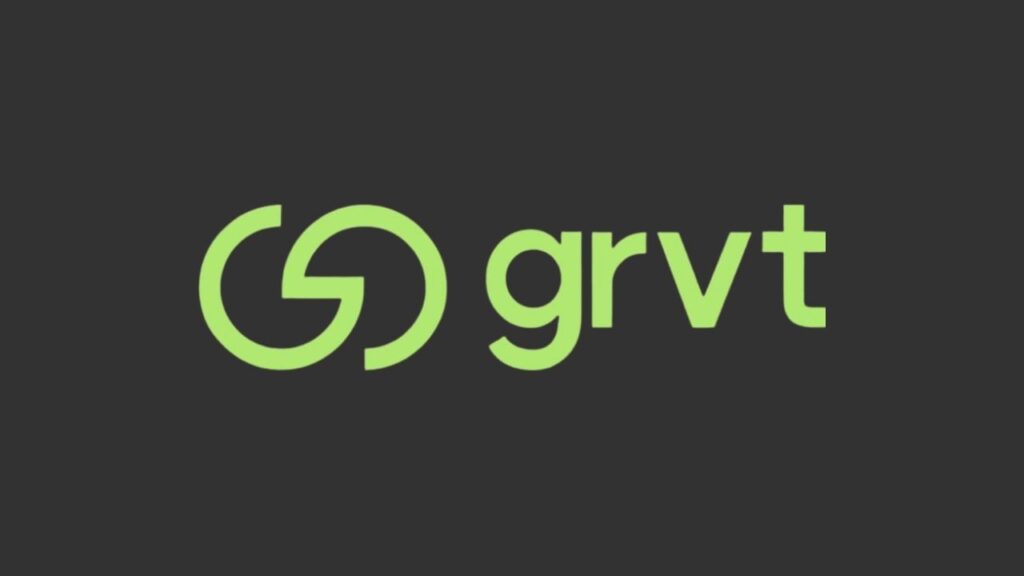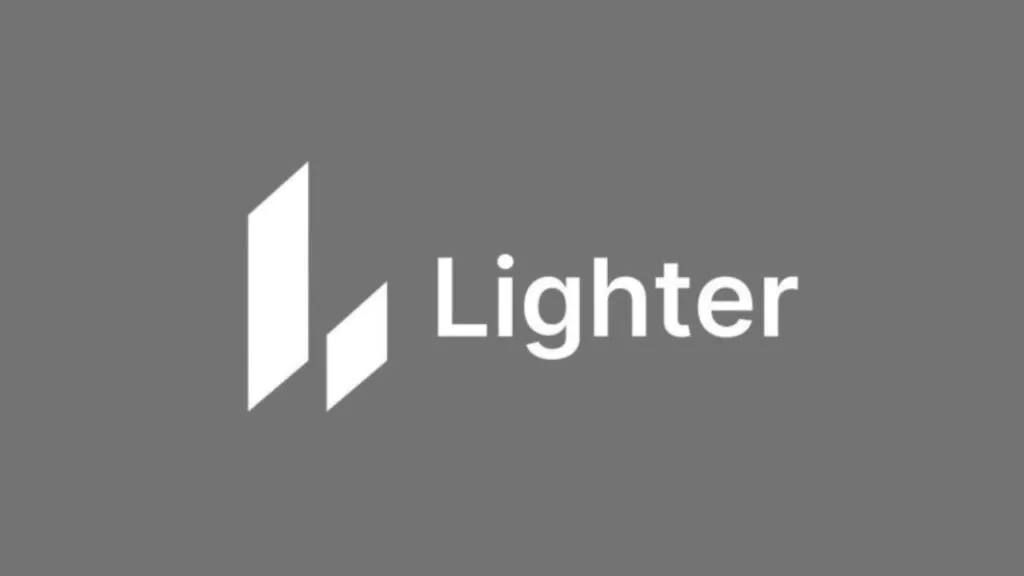- •Only a few exchanges like Upbit support KRW deposits and withdrawals; others rely on crypto funding or third-party payment channels.
- •BTCC, BloFin, and MEXC offer fast, no-KYC access with deep altcoin markets and high leverage trading features.
- •Korean users prefer platforms with FIU compliance, visible proof of reserves, and full Korean language and local support.
South Korea has become one of the most tightly regulated crypto markets in the world, with oversight led by the Financial Services Commission (FSC) and its affiliate, the FIU. Local users expect more than just low fees, they look for strong security, fast mobile apps, Korean language support, and access to altcoins. In this guide, we’ve analyzed the top crypto exchanges Korea based traders can rely on, based on user experience, regulation, liquidity, and product range.
Top Crypto Exchanges in South Korea Reviewed
Dozens of crypto exchanges serve Korean users, but not all meet the expectations shaped by local regulations, language support, and trading behavior. We’ve carefully reviewed the most relevant platforms, assessing fees, KYC requirements, altcoin access, and user experience, to bring you this list of the top 6 crypto exchanges in Korea for 2026:
| Exchange | Cryptos | Spot Fees | Futures Fees | Max Leverage | Bonus | KYC |
|---|---|---|---|---|---|---|
| 1. BTCC | 400+ | 0.20% / 0.30% | 0.020% / 0.045% | 500x | $11,000 | No |
| 2. Blofin | 564+ | 0.10% / 0.10% | 0.02% / 0.06% | 150x | $10,000 | No |
| 3. MEXC | 3137+ | 0.05% / 0.05% | 0.00% / 0.02% | 500x | $20 | Yes |
| 4. Coinbase | 297+ | 0.40% / 0.60% | 0.05% / 0.05% | 10x | None | Yes |
| 5. Bybit | 726+ | 0.10% / 0.10% | 0.020% / 0.055% | 100x | $30,000 | Yes |
| 6. Upbit | 152+ | 0.05% / 0.05% | None | None | None | Yes |
1. BTCC
Founded in 2011, BTCC is one of the longest-running futures trading platforms in the crypto industry. It supports full Korean language on its website and interface, which makes it convenient for native users to operate the platform with ease. The platform supports 400+ spot cryptocurrencies and over 314+ futures contracts, with leverage available up to 500x.
In addition to crypto, BTCC also provides access to tokenized stocks and commodities, which is ideal for users interested in lower-risk exposure to traditional markets. The exchange maintains a strong daily trading volume of around $12.34 billion, and includes features such as copy trading, bot trading, and access to commodity and forex markets.
No KYC is required to start trading, and users can withdraw up to $10,000 daily without verification. Higher withdrawal tiers are unlocked through optional KYC levels. The platform accepts crypto deposits and card-based funding options, although it does not support KRW trading pairs.
Get to know BTCC inside out, read our full review now.
BTCC Features:
- Supported Cryptocurrencies: 400+
- Futures Contracts: 314+
- Max Leverage: 500x
- Spot Fees: 0.20% maker / 0.30% taker
- Futures Fees: 0.020% maker / 0.045% taker
- KYC: Not required
- Deposits: Crypto, cards, bank transfer
BTCC Pros and Cons
| 👍 BTCC Pros | 👎 BTCC Cons |
|---|---|
| ✅ High leverage up to 500x on futures | ❌ High spot trading fees |
| ✅ No KYC required for withdrawals up to $10,000/day | ❌ No fiat withdrawal support, crypto only |
| ✅ Supports copy trading and demo accounts | |
| ✅ Offers forex and commodity trading options | |
| ✅ Strong proof-of-reserves ratios (135% in June 2025) |
2. BloFin
Founded in 2019, BloFin has quickly scaled to become a high-volume trading platform, especially for futures. With over 564 cryptocurrencies available on the spot market and 440+ futures contracts, it serves both active traders and altcoin seekers. Leverage goes up to 150x, and the platform handles nearly $9.7 billion in daily futures volume.
Full Korean language support is available across the BloFin website and desktop platform, offering local users a smoother interface and faster navigation. While the exchange does not offer KRW trading pairs, it allows deposits through multiple fiat gateways including Alchemy Pay, Simplex, Google Pay, Apple Pay, SEPA, and others.
Fees remain low across the board. Spot trades are charged at 0.10% maker/taker, while futures trading fees go down to 0.020% maker / 0.060% taker. Traders can also access Demo Trading, Grid Bots, TWAP Bots, and Signal Bots without additional cost, ideal for users who prefer automated execution.
No KYC is required to begin trading. The platform permits up to $20,000 in daily withdrawals without verification, with tiered KYC levels allowing higher limits. For Korean traders prioritizing privacy, altcoin access, and leverage, BloFin offers a wide toolset with minimal friction.
Need all the facts about BloFin? Our detailed BloFin review has you covered.
BloFin Features:
- Supported Cryptocurrencies: 564+
- Futures Contracts: 440+
- Max Leverage: 150x
- Spot Trading Fees: 0.10% maker / 0.10% taker
- Futures Trading Fees: 0.020% maker / 0.060% taker
- KYC: Not required
- Deposits: Crypto, Apple Pay, Google Pay, Simplex, Alchemy Pay, Neteller
BloFin Pros and Cons
| 👍 BloFin Pros | 👎 BloFin Cons |
|---|---|
| ✅ No-KYC exchange with global access (incl. US, UK, Canada) | ❌ Relatively new |
| ✅ Supports 564+ spot cryptocurrencies and 440+ futures contracts | ❌ Fiat withdrawals are not supported |
| ✅ Up to 150x leverage on futures | ❌ Liquidity depth is moderate |
| ✅ Bot trading supported | |
| ✅ Full Proof of Reserves | |
| ✅ Customer support is available 24/7 via live chat and email |
3. MEXC
Founded in 2018, MEXC is one of the largest global exchanges for altcoin access, with 3,137+ cryptocurrencies available for spot trading and 433+ futures contracts across major and emerging markets. The platform handles a daily spot volume of over $1.4 billion and $6.07 billion in futures, offering leverage up to 500x.
Full Korean language support is available across the platform, allowing native users to easily navigate the interface and access trading tools. While MEXC does not support KRW pairs, it accepts a wide range of fiat funding options including cards, SEPA, PayPal, Apple Pay, and more.
Fees are highly competitive. Spot trades are zero-fee for makers and 0.05% for takers, while futures fees go as low as 0.000% maker / 0.020% taker. Users also benefit from copy trading, multiple automated bot options, and flexible withdrawal tiers depending on KYC level. KYC Level 1 enables withdrawals up to 30 BTC daily.
Get all the essential info in our expert MEXC review.
MEXC Features:
- Supported Cryptocurrencies: 3,137+
- Futures Contracts: 433+
- Max Leverage: 500x
- Spot Trading Fees: 0.05% maker / 0.05% taker
- Futures Trading Fees: 0.00% maker / 0.020% taker
- KYC: KYC required
- Deposits: Crypto, SEPA, Bank Transfer, Card, Apple Pay, PayPal, MoonPay
MEXC Pros and Cons
| 👍 MEXC Pros | 👎 MEXC Cons |
|---|---|
| ✅ Over 3137+ cryptocurrencies available on Spot Trading | ❌ Moderate Security |
| ✅ Up to 500x leverage | ❌ Interface may be overwhelming for beginners unfamiliar with pro-level tools |
| ✅ Lowest trading fees | |
| ✅ Advanced products and features |
4. Coinbase
Coinbase is one of the most established cryptocurrency exchanges, operating since 2012 with its headquarters in San Francisco, USA. It serves over 108 million users across more than 100 countries and is known for its strong regulatory framework, institutional-grade custody, and clear user experience.
The platform supports 297+ cryptocurrencies for spot trading and 164+ futures contracts. Traders can access leverage up to 10x for futures, although Coinbase primarily caters to spot traders and long-term holders.
Fees are transparent but on the higher side compared to other platforms. Spot trades are charged at 0.40% for makers and 0.60% for takers, while futures fees are set at 0.050% flat for both maker and taker.
Coinbase is well-known for its intuitive interface, strong security features, and access to fiat deposits in USD, EUR, and GBP through card and bank transfers. Staking is also available for select tokens, and KYC is required to unlock trading and withdrawal limits of up to $100,000 daily at Level 1.
Read our Coinbase review for a full breakdown of the platform.
Coinbase Features:
- Supported Cryptocurrencies: 297+
- Futures Contracts: 164+
- Max Leverage: 10x
- Spot Trading Fees: 0.40% maker / 0.60% taker
- Futures Trading Fees: 0.05% maker / 0.05% taker
- KYC: KYC required
- Deposits: Crypto, Apple Pay, Google Pay, credit/debit cards
Coinbase Pros and Cons
| 👍 Coinbase Pros | 👎 Coinbase Cons |
|---|---|
| ✅ Reputable exchange | ❌ High trading fees |
| ✅ Very secure crypto trading platform | ❌ No Futures |
| ✅ Very beginner-friendly | ❌ Lacks advanced trading features |
| ✅ Highly regulated | ❌ No live chat support |
| ✅ Euro deposits supported |
5. Bybit
Bybit is a global trading platform launched in 2018, now based in Dubai. It has grown rapidly to over 30 million users, offering deep liquidity and an advanced trading suite that caters to both individual and institutional users.
The platform supports 726+ cryptocurrencies for spot trading and 578+ contracts for futures, with a daily futures volume of over $15.25 billion. Traders have access to leverage up to 100x, and can choose from various automated trading tools including grid bots, martingale, DCA, and combo bots. Bybit also offers a built-in copy trading system, making it easier for new users to follow high-performing strategies.
Fees are competitive across both markets. Spot trades are charged at 0.10% maker/taker, while futures trading fees go down to 0.020% maker / 0.055% taker. The exchange supports P2P trading, along with a wide range of deposit options, including credit/debit cards, Apple Pay, Google Pay, SEPA, and bank transfers via multiple global payment gateways.
Bybit requires KYC for all trading activity. Level 1 verification unlocks a $1 million daily withdrawal limit, with Level 2 offering up to $2 million per day. Additional features include demo trading, staking, and support for fiat funding in USD, EUR, GBP, and several more currencies.
Read our detailed Bybit review and explore every feature.
Bybit Features:
- Supported Cryptocurrencies: 726+
- Futures Contracts: 578+
- Max Leverage: 100x
- Spot Trading Fees: 0.10% maker / 0.10% taker
- Futures Trading Fees: 0.02% maker / 0.055% taker
- KYC: KYC required
- Deposits: Crypto, bank transfers, Apple Pay, Google Pay, Moonpay, and more
Bybit Pros and Cons
| 👍 Bybit Pros | 👎 Bybit Cons |
|---|---|
| ✅ MiCAR-compliant platform | ❌ KYC is mandatory |
| ✅ SEPA support for EUR deposits | ❌ Not available in the US, UK, and other major countries |
| ✅ Tier-1 liquidity and deep futures markets | |
| ✅ Supports copy trading, demo mode, and multiple bots (Grid, DCA, Martingale, etc.) | |
| ✅ Fiat onramps via cards, MoonPay, BTCDirect, and more |
6. Upbit
Upbit is one of South Korea’s largest and most trusted crypto exchanges. Founded in 2017 by Song Chi-hyung, it was the first platform to register with the Financial Intelligence Unit (FIU) under Korea’s updated crypto laws. The exchange follows the real-name account system, fully supports the Travel Rule, and operates with complete regulatory approval.
Upbit offers 152+ cryptocurrencies for spot trading, with strong KRW pair integration and direct fiat deposit and withdrawal options. The platform supports advanced trading tools, staking features, and a dedicated NFT marketplace, all accessible in the Korean language.
The interface is localized not just in language but also in experience. Each trading page includes social posts related to that token, giving users more context and sentiment-driven insights. Spot trading fees are 0.05% for both makers and takers, and the exchange reports daily spot volumes exceeding $5.5 billion.
Although futures trading is not available, Upbit remains a go-to platform for secure KRW trading, local customer support, and a familiar interface tailored to Korean retail and professional users alike.
Our Upbit review explains it all; from trading tools to fees.
Upbit Features:
- Supported Cryptocurrencies: 152+
- Futures Contracts: None
- Max Leverage: None
- Spot Trading Fees: 0.05% maker / 0.05% taker
- Futures Trading: Not available
- KYC: KYC required
- Deposits: Crypto, KRW deposits and withdrawals via Bank Transfer
Upbit Pros and Cons
| 👍 Upbit Pros | 👎 Upbit Cons |
|---|---|
| ✅ Low spot fees (0.05% maker/taker) | ❌ Not suitable for advanced traders |
| ✅ Supports KRW deposits, withdrawals, and 152+ KRW spot pairs | ❌ Not suitable for global users without Korean residency |
| ✅ Access to staking and NFT marketplace | ❌ No futures or margin trading available |
| ✅ Fully licensed and FIU-registered in South Korea | |
| ✅ Built-in social trading features on each asset page | |
| ✅ High daily trading volume and strong liquidity | |
| ✅ Offers investor protection services |
Is Crypto Legal in Korea?
Yes, cryptocurrency is legal in South Korea. It is regulated by the Financial Services Commission (FSC), via the Korea Financial Intelligence Unit (KoFIU), and monitored by the Bank of Korea. The FSC requires all virtual asset service providers (VASPs), including exchanges, to register with KoFIU and operate under real-name bank account guidelines.
The governing legislation, the Act on Protection of Virtual Asset Users (also called the “Virtual Asset User Protection Act”), was passed on June 30, 2023, and took effect on July 19, 2024. It sets rules for custody, segregation of assets, transaction transparency, and prevention of unfair trading practices
Crypto Tax in Korea
A 20% tax on capital gains applies to crypto profits exceeding 2.5 million KRW per year. Though initially planned for 2022, implementation has been repeatedly delayed, to 2025, and possibly up to 2027, while authorities refine the system and infrastructure.
How to Buy Crypto in Korea
You can buy cryptocurrencies in Korea. Simply follow the steps below:
1. Select an Exchange: Use Upbit for KRW deposits and local support. BTCC, BloFin, and MEXC are fast, no-KYC alternatives with more altcoins and leverage. Coinbase supports fiat in USD, EUR, and GBP.
2. Complete KYC (If Needed): Upbit, Coinbase, and Bybit require full verification. BTCC, BloFin, and MEXC allow trading without KYC, within certain limits.
3. Fund Your Account: Deposit KRW on Upbit via linked bank account. Other platforms support crypto deposits, or fiat options like cards, Apple Pay, or SEPA.
4. Start Trading: Trade spot or futures depending on the platform. BTCC, BloFin, MEXC, and Bybit support both. Upbit and Coinbase focus on spot.
5. Use Cold Storage: For security, move your crypto to a cold wallet like SafePal or Ledger Nano X after trading.
Bottom Line
Choosing the right crypto exchange in Korea depends on your trading goals, comfort with KYC, and need for KRW support. BTCC, BloFin, and MEXC offer fast onboarding and deep altcoin access, while Upbit remains the go-to for local traders using Korean Won. Platforms like Bybit and Coinbase serve users looking for a mix of global access and regulation.
Before registering, compare fees, supported coins, and withdrawal limits to match your needs. Always transfer long-term holdings to a cold wallet for safety.
FAQs
1. Which crypto exchange is best for users in Korea?
It depends on your needs. BTCC and BloFin are ideal for users who want no-KYC access and high leverage. MEXC offers a wide selection of altcoins with low fees. For regulated fiat access, Upbit is the main local option.
2. How do I choose the right exchange in Korea?
Check for factors like KRW support, KYC requirements, fees, available tokens, and trading features. If you want fast access with no KYC, go for BTCC or MEXC. For regulated KRW trading, Upbit is the best fit.
3. Do any of these exchanges support Korean Won (KRW)?
Only Upbit supports direct KRW deposits and withdrawals. The rest; BTCC, BloFin, MEXC, Coinbase, and Bybit, do not support KRW, but they offer fiat gateways or crypto-to-crypto trading.
4. Which exchange has the lowest trading fees in Korea?
MEXC offers the lowest fees with 0% maker and 0.05% taker on spot trades. BloFin and BTCC also have competitive futures fees for high-volume traders.
5. Is crypto trading legal in Korea?
Yes, crypto is legal and regulated in Korea. Platforms must register with the Financial Intelligence Unit (FIU), and users are subject to capital gains tax on profits over 2.5 million KRW annually.


